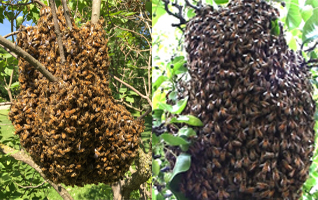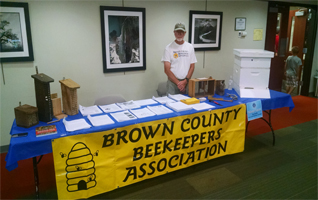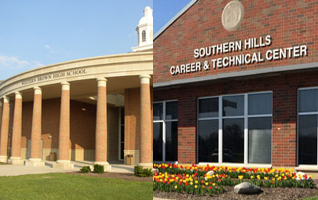Ohio is one of the best places in eastern North America to find bees, with over 500
species! Even as Ohio’s cities grow, and native habitats for bees diminish, many
continue to flourish where habitat and floral resources are provided for them. How can
Cincinnati support these small, beautiful, and essential creatures?
Join Dr. Olivia Carril and Thane Maynard, Director of the Cincinnati Zoo, for a live
webinar on October 26th at 4:30 EST. They’ll introduce you to some of the amazing
native bees that can be found in the Cincinnati area, and discuss how we can better
provide for some of our busiest, and most overlooked citizens — our wild bees.
Have specific questions about pollinators? Thane Maynard and Olivia Carril will answer
your questions during the live webinar. If you can’t make it, sign up anyway, and we’ll
send you a recording.
What you will learn:
Take a dive into the wild world of solitary bees and learn how they live, what they do,
and where to see them. See how the Cincinnati Zoo is supporting Cincinnati’s bees and
find out what you can do to help these small but important creatures.
Bios:
Olivia Carril
Dr. Olivia Carril has been studying native bees and the plants they visit for more than 20
years. Recent evidence has hinted at a possible decline in native bee species in North
America. Olivia has been involved in several long-term bee monitoring projects
throughout western North America where nearly 3/4 of the US bee species are found.
Thane Maynard
Thane Maynard is one of the most prominent directors of zoos across the country and
is internationally known for his innovation and dedication to wildlife preservation,
research and education. Maynard is recognized as well for building both educational
and research partnerships between the zoo and University of Cincinnati.
Register Online at https://lu.ma/osmia-bee-cincinnati-zoo










